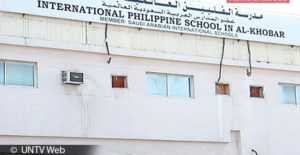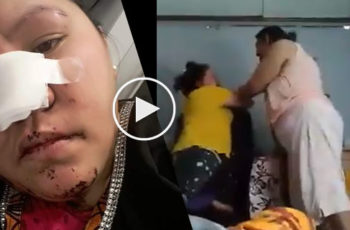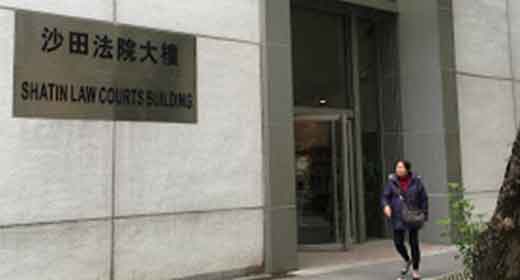Like in United Arab Emirates (UAE), the Saudi government has imposed a 5% VAT on items like food and beverage, petroleum products, remittance fee, rents, and domestic transportation.

Seemingly, the implementation of VAT has led to the increase of about 55% in the price of gasoline.
Like a domino effect, electricity rates will surely go up to 300 percent.
A certain Raymond Tolosa, OFW in Saudi Arabia, complained on the 10% rise of tuition fee last year and still worries that an additional increase will be added next year, due to the implementation of VAT.
“It’s better to send my children back to the Philippines because it’s more costly to study here,” says Tolosa.
But according to Adnan Alonto, Philippine Ambassador to Saudi Arabia, there are some Philippine Schools in Saudi that are exempted from any additional taxes, once they have proof that they are indeed a community school.
“For schools that have requested for certification, come here at the embassy… we can assure you that we will release a statement saying you are exempted, ” says Alonto.
Things that are not included in the tax are medicines, residential rents and medical equipment.
Last 2016, a unified agreement to impose VAT was signed by UAE, Qatar, Oman, Bahrain, Kuwait and Saudi Arabia.
The implementation of VAT is Saudi Arabia’s financial measure, becoming one of its non-oil revenue sources.
Ambassador Alonto urged the Filipinos living in Saudi Arabia to be more responsible in handling their money.
“Filipinos here know how to endure. We know how to strive for our families,” says Alonto.






